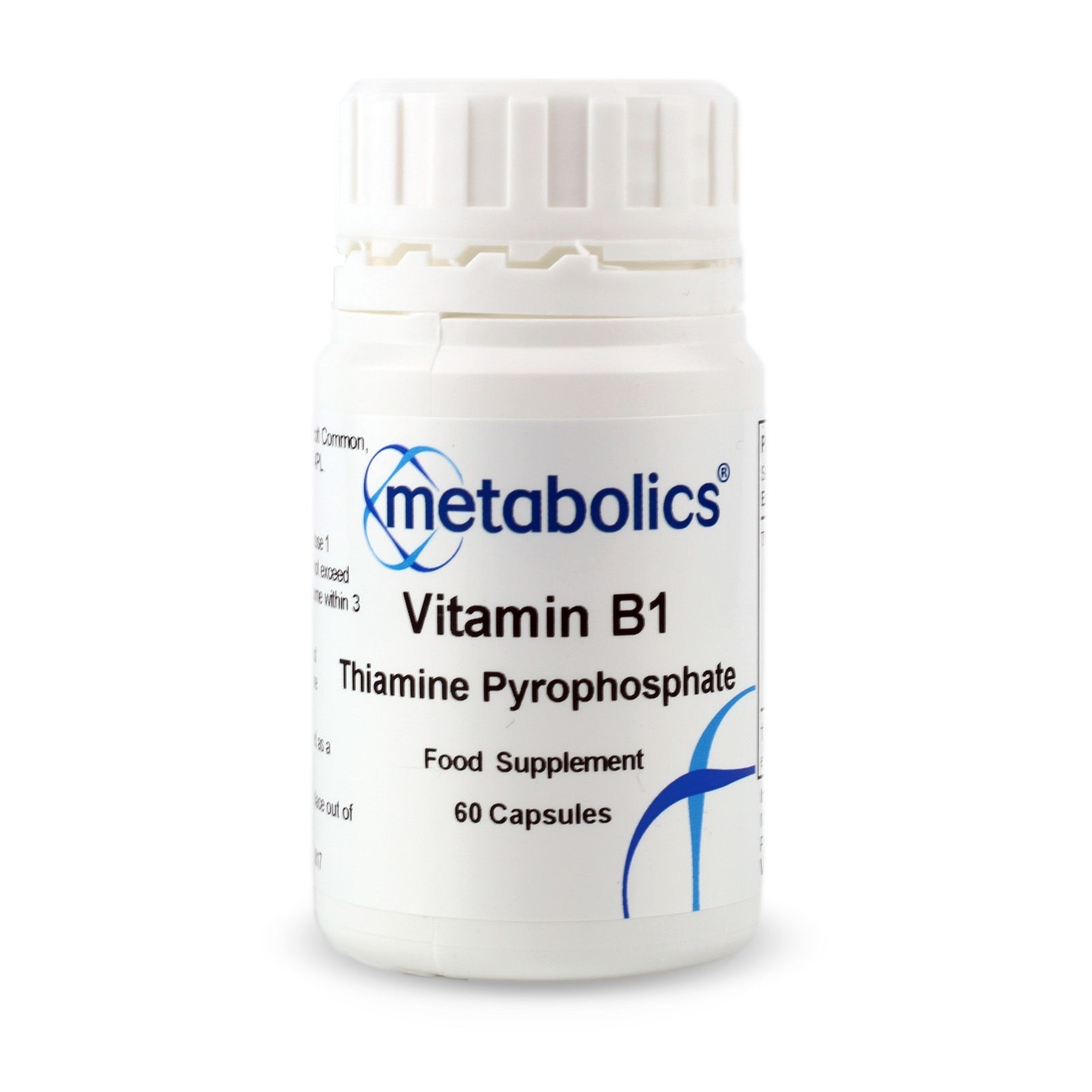Gayet-Wernicke Syndrome: Symptoms, Causes, Treatment
What are the symptoms of Gayet-Wernicke syndrome?
Gayet-Wernicke syndrome, also known as Wernicke’s encephalopathy, is a condition caused by thiamine (vitamin B1) deficiency. It is characterized by a triad of symptoms including:
- Mental confusion: Confusion, disorientation, and difficulty concentrating are common symptoms of Wernicke’s encephalopathy. In severe cases, individuals may experience memory loss and profound mental changes.
- Ataxia: Ataxia refers to a lack of coordination of muscle movements. People with Wernicke’s encephalopathy may have difficulty walking, a staggering gait, and problems with balance and coordination.
- Ophthalmoplegia: Ophthalmoplegia refers to paralysis or weakness of the muscles that control eye movement. This can lead to double vision (diplopia), abnormal eye movements, and difficulty focusing.
Other symptoms of Wernicke’s encephalopathy may include:
- Visual disturbances, such as eyelid drooping (ptosis) and abnormal eye movements (nystagmus).
- Rapid heartbeat (tachycardia) and low blood pressure.
- Loss of appetite and weight loss.
- Nausea and vomiting.
- Coma in severe cases.
Wernicke’s encephalopathy is considered a medical emergency and requires prompt treatment with thiamine to prevent serious complications, such as Korsakoff syndrome, which is characterized by severe memory problems and cognitive impairment. If you or someone you know is experiencing symptoms of Wernicke’s encephalopathy, seek medical attention from a healthcare provider immediately.
What are the causes of Gayet-Wernicke syndrome?
Gayet-Wernicke syndrome, also known as Wernicke’s encephalopathy, is primarily caused by a deficiency of thiamine (vitamin B1). Thiamine is essential for the proper functioning of the brain and nervous system, and a deficiency can lead to neurological symptoms characteristic of Wernicke’s encephalopathy.
The most common cause of thiamine deficiency leading to Wernicke’s encephalopathy is chronic alcohol misuse or alcoholism. Alcohol interferes with the absorption, storage, and utilization of thiamine in the body. Additionally, people with alcohol use disorder often have poor nutrition, which can contribute to thiamine deficiency.
Other less common causes of thiamine deficiency and Wernicke’s encephalopathy include:
- Malnutrition: Inadequate intake of thiamine-rich foods can lead to thiamine deficiency. This can occur in people with poor dietary habits, certain eating disorders, or those living in areas where thiamine-rich foods are not readily available.
- Gastrointestinal disorders: Conditions that affect the gastrointestinal tract, such as chronic diarrhea, inflammatory bowel disease such as Crohn’s disease, and malabsorption syndromes, can impair thiamine absorption and lead to deficiency.
- Hyperemesis gravidarum: Severe nausea and vomiting during pregnancy, known as hyperemesis gravidarum, can lead to thiamine deficiency and Wernicke’s encephalopathy.
- Bariatric surgery: Some types of weight loss surgery, such as gastric bypass surgery, can lead to malabsorption of thiamine and other nutrients, potentially leading to deficiency.
- Prolonged fasting or starvation: Extended periods of fasting or starvation can deplete thiamine stores in the body, leading to deficiency.
- Dialysis: People undergoing long-term hemodialysis for kidney failure may develop thiamine deficiency due to loss of thiamine during dialysis treatments.
- Other medical conditions: Certain medical conditions, such as cancer, HIV/AIDS, and hyperthyroidism, can increase the body’s need for thiamine or interfere with its absorption and utilization.
It’s important to note that thiamine deficiency and Wernicke’s encephalopathy can be prevented and treated with thiamine supplementation. If you or someone you know is at risk of thiamine deficiency, it’s important to seek medical advice to prevent the development of Wernicke’s encephalopathy.
What is the treatment for Gayet-Wernicke syndrome?
The mainstay of treatment for Gayet-Wernicke syndrome, also known as Wernicke’s encephalopathy, is thiamine (vitamin B1) supplementation. Thiamine is essential for the proper functioning of the brain and nervous system, and a deficiency can lead to the neurological symptoms characteristic of Wernicke’s encephalopathy. Treatment for Gayet-Wernicke syndrome typically involves:
- Thiamine supplementation: Thiamine is usually given intravenously (IV) in high doses to rapidly replenish thiamine levels in the body. This is the most important aspect of treatment and should be initiated as soon as Wernicke’s encephalopathy is suspected.
- Nutritional support: In addition to thiamine, people with Gayet-Wernicke syndrome may require other nutrients and vitamins to address any underlying malnutrition or deficiencies. This may include a balanced diet, oral or IV multivitamin supplements, and monitoring of nutritional status.
- Management of underlying causes: If Gayet-Wernicke syndrome is caused by an underlying condition such as alcohol use disorder, gastrointestinal disorder, or other medical condition, it is important to address and manage the underlying cause.
- Neurological monitoring: People with Gayet-Wernicke syndrome may require close monitoring of their neurological status, including mental status, coordination, and eye movements. This is to assess the response to treatment and identify any complications.
- Long-term thiamine supplementation: After the acute phase of treatment, some people with Gayet-Wernicke syndrome may require long-term thiamine supplementation to prevent relapse. This is especially important for individuals with alcohol use disorder, as they may be at increased risk of thiamine deficiency and recurrent Wernicke’s encephalopathy.
It’s important to note that prompt diagnosis and treatment are crucial for the management of Gayet-Wernicke syndrome, as untreated or inadequately treated cases can lead to irreversible neurological damage and death. If you or someone you know is experiencing symptoms of Wernicke’s encephalopathy, seek medical attention immediately.




